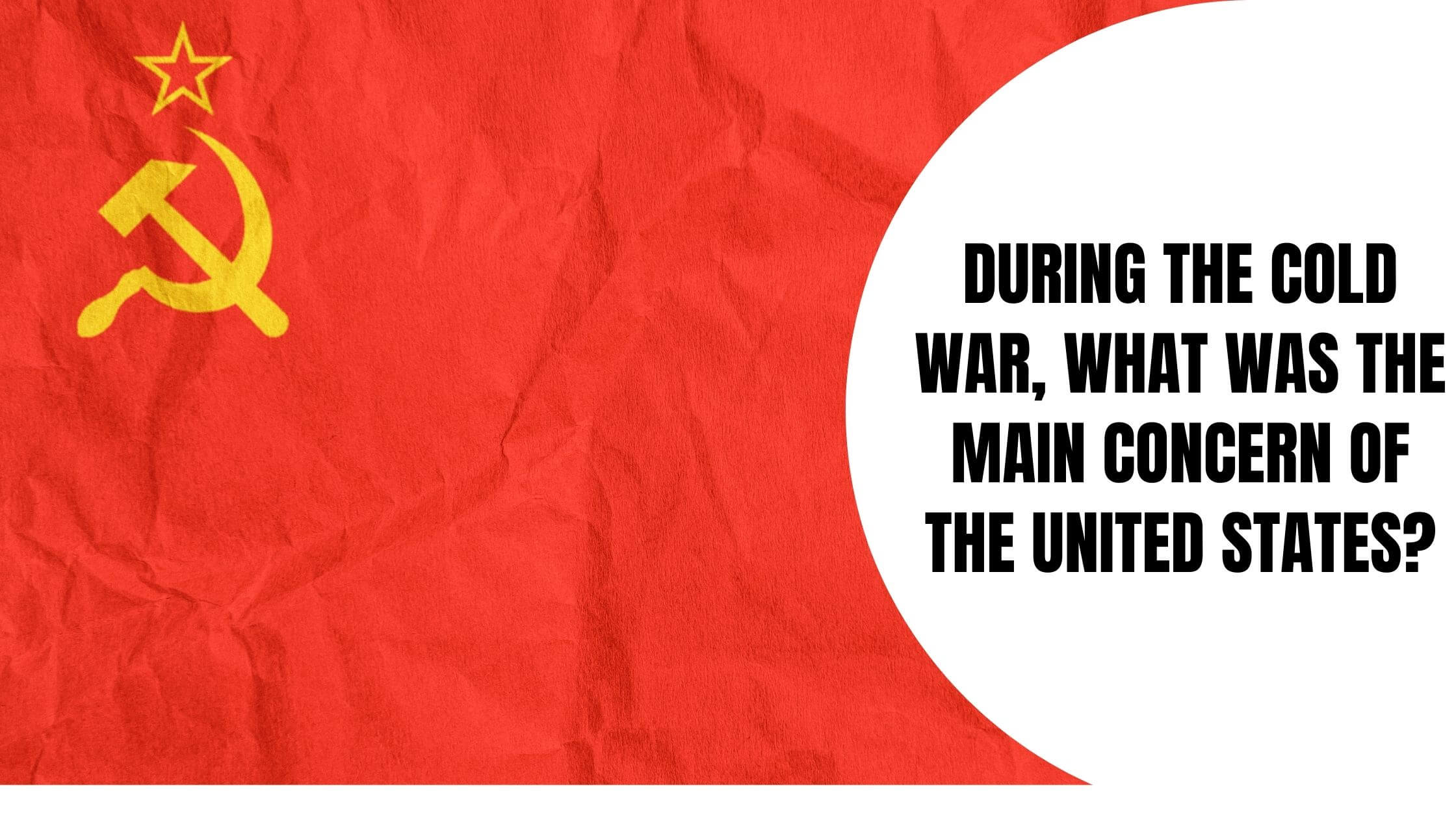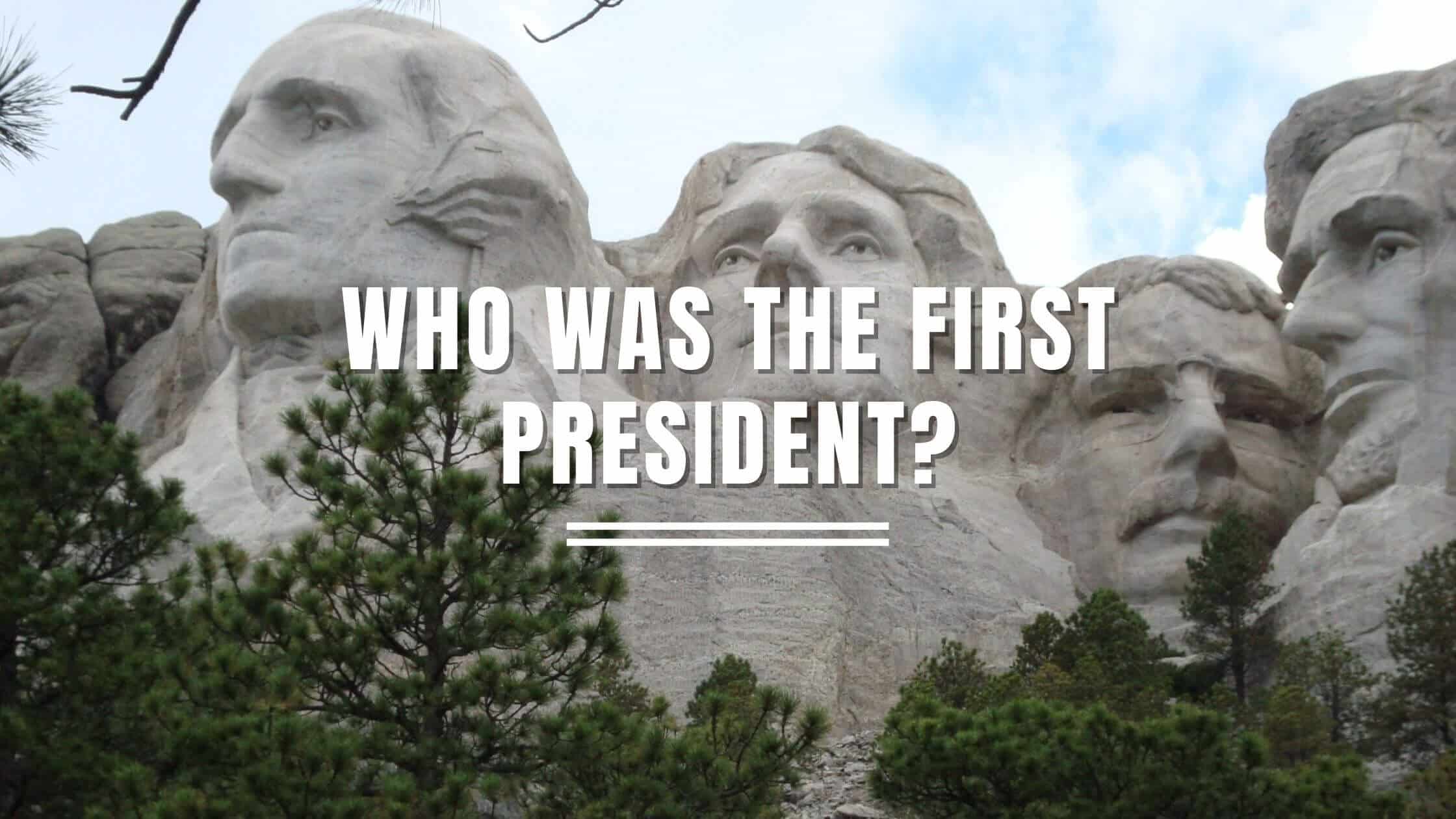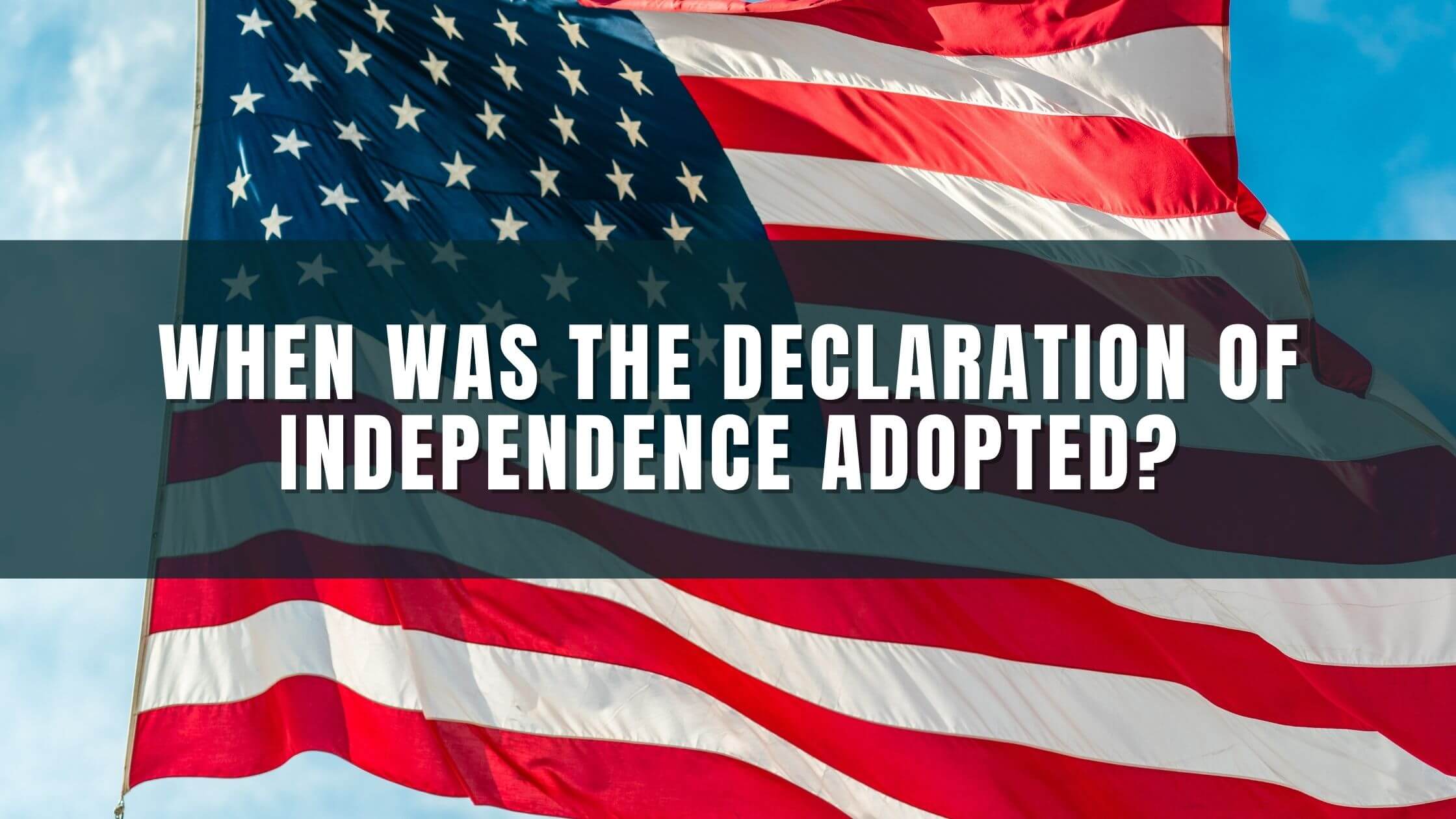Table of Contents
ToggleTo pass the US citizenship test, you will have to answer 10 of a possible 100 questions. The following question is from the USCIS test.
During the Cold War, what was the main concern of the United States?
Answer:
Communism.
The following is a full explanation of the USCIS question:
It sounds simplistic to give a one-word answer when discussing something as complex as the Cold War. It is a little like saying that the Civil War was all about slavery. Other concerns were prevalent at the time. But, communism is the one that was a fear of both the government and the people. It was also the one concern highlighted most by the media and America’s propaganda machine.

Get Smarter on US News, History, and the Constitution
Join the thousands of fellow patriots who rely on our 5-minute newsletter to stay informed on the key events and trends that shaped our nation's past and continue to shape its present.
What Were the Concerns of the United States During the Cold War?
While the fear of communism was a driving force throughout the Cold War, there were also concerns regarding a deeper ideological threat. It wasn’t just about capitalism vs. communism and how those ideas might affect the economy on a global scale.
This was a big part of the Cold War, especially with fears over China’s direction and rising power. But, other factors were at play in the fight against the Soviet Union directly. Part of this was leftover from World War II, which hadn’t long concluded. For over 40 years, there was Cold War tension between the countries over who was the most powerful and influential. The Space Race is a prime example.
Of course, another overriding issue was the threat of the atomic bomb. America detonated the first in Japan, but the USSR had also been developing its nuclear weapons program and successfully tested a hydrogen bomb in 1953.
The Beginning of the Cold War
America’s fears over the advancement of communist threats were fanned when the North Korean People’s Army invaded South Korea in 1950, sparking the Korean War. They were influenced by the Soviets, while South Korea was pro-America. So, the fear was that this could escalate with pro-Soviet communist forces taking over more pro-American parts of the world.
Many remember the tensions of the 1980s surrounding the Iron Curtain and the anxiety the possibility of nuclear war engendered in 1950s. But, it all began at the end of World War II.
It is said that the Cold War was cold because there was no physical war. However, proxy wars took place in the broader scheme of things. The first was the Korean War. Then came the Vietnam war, which was rooted in another divide between a communist north and pro-American South Vietnam.
The Red Scare in America
Because there wasn’t the more obvious threat of military action on home soil, fear of the communists manifested in other ways. The propaganda at the time focused more on unseen communists hiding in plain sight. There was the idea that spies and moles were working their way into high-ranking positions and beloved American industries. At the time, citizens were encouraged to fear the “Red Under The Bed.”
While these campaigns continued in advertisements and posters, others began reinforcing the ideals of the American Nuclear Family. That simply meant the stereotypical family in the suburbs where the father had a good job, the mother looked after the home, and the 2.5 children did their chores and homework. To be anything else was un-American. To want anything other than the capitalist ideal and American dream was “commie” and foreign.
McCarthyism and HUAC
The height of the Red Scare in America saw two significant and well-publicized events. The first was a set of hearings created by Senator Joseph McCarthy. The senator was one of the proponents of building panic over those secret communists in high places. He believed that the government had been infiltrated and conducted trials to expose and punish those individuals. The trials have been likened to witch hunts and ultimately did McCarthy’s political career no favors.
Similarly, HUAC, the House Un-American Activities Committee, sought to root out communists in the movie industry. This Committee had been in operation since before the Second World War. However, its most notable allegations came in 1947 with claims that Hollywood was being taken over by communism. The fear was that these ideas would seep into films’ narratives or as subliminal messages that would corrupt audiences.
Just as McCarthy had done, hearings took place where actors, writers, producers, and other industry figures had to testify and prove they were not communists or communist sympathizers. Those that were deemed untrustworthy faced being blacklisted from the industry. One of the notable participants testifying was future president Ronald Reagan.
The End of the Cold War
Eventually, the Cold War came to an end, and the fear of communists subsided. The official end to the Cold War arrived with the dissolution of the Soviet Union on December 26th, 1991, when the Soviet Socialist Republics gained independence. However, the more symbolic end came on November 9th, 1989, when the Berlin Wall came down, and East Germany reunited with West Germany. This boundary in the Iron Curtain had divided Western Europe from the communist Eastern block.
Anti-Communist Views Today
The stance towards communism in America isn’t anywhere near what it was during the Red Scare of the Cold War. Yet, there are still negative connotations to the ideology, and some continue to link communism to nations they don’t care for, with negative sentiments directed at North Korea and China. There is also the fact that some people use communism and socialism interchangeably, leading to a distrust of socialist Democrats during presidential primaries.
There is a trend in many societies where there always has to be someone to fear. There is invariably an enemy out there looking to make life more difficult, take away what you have earned, or challenge your ideals.
Throughout the 1950s, it was the communists. In more recent years, it has been a similar fear of Muslims following the War on Terror. Anti-communist views haven’t gone away, but the country has moved on. Although, that’s not to say there isn’t another propaganda scare around the corner.











